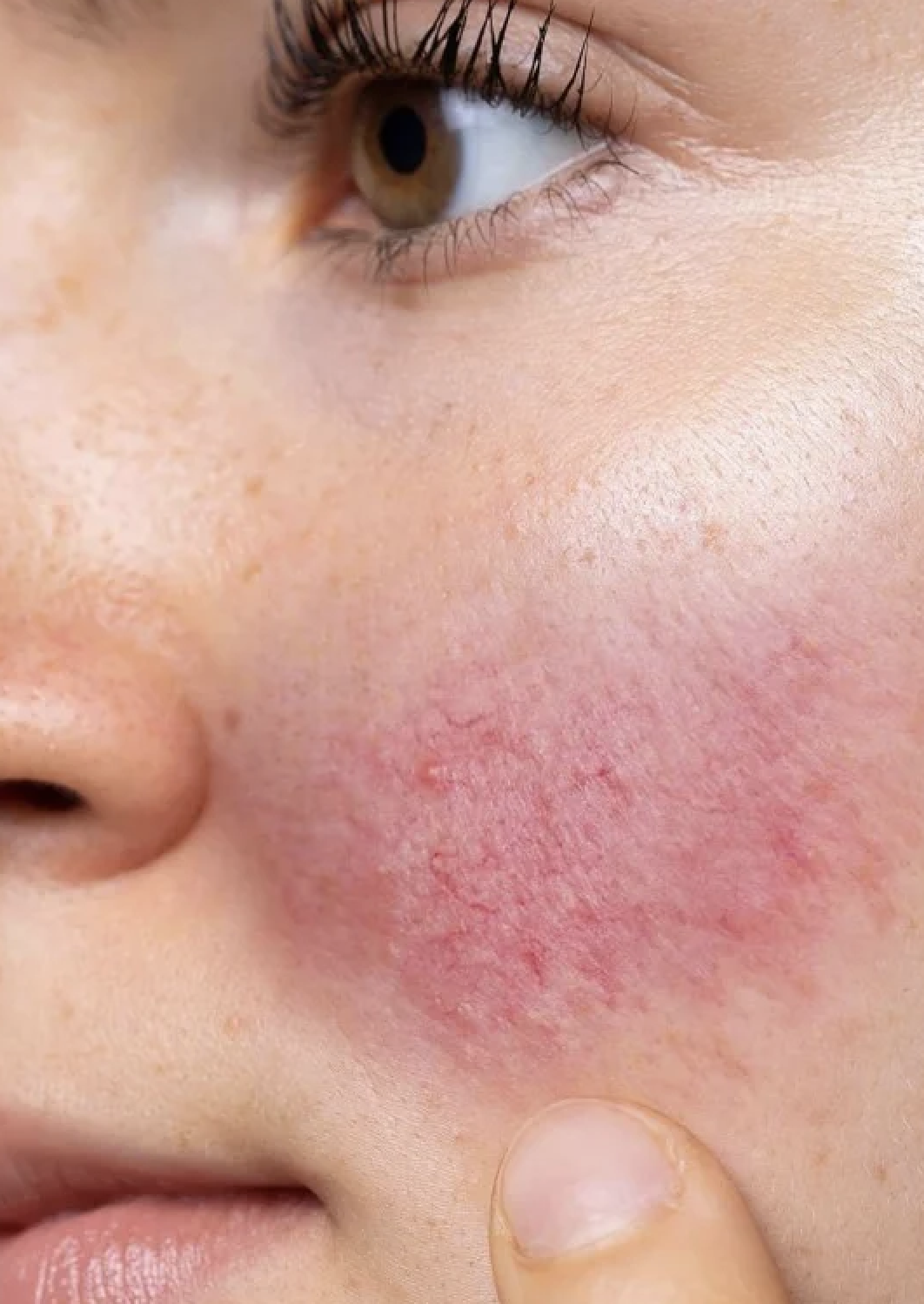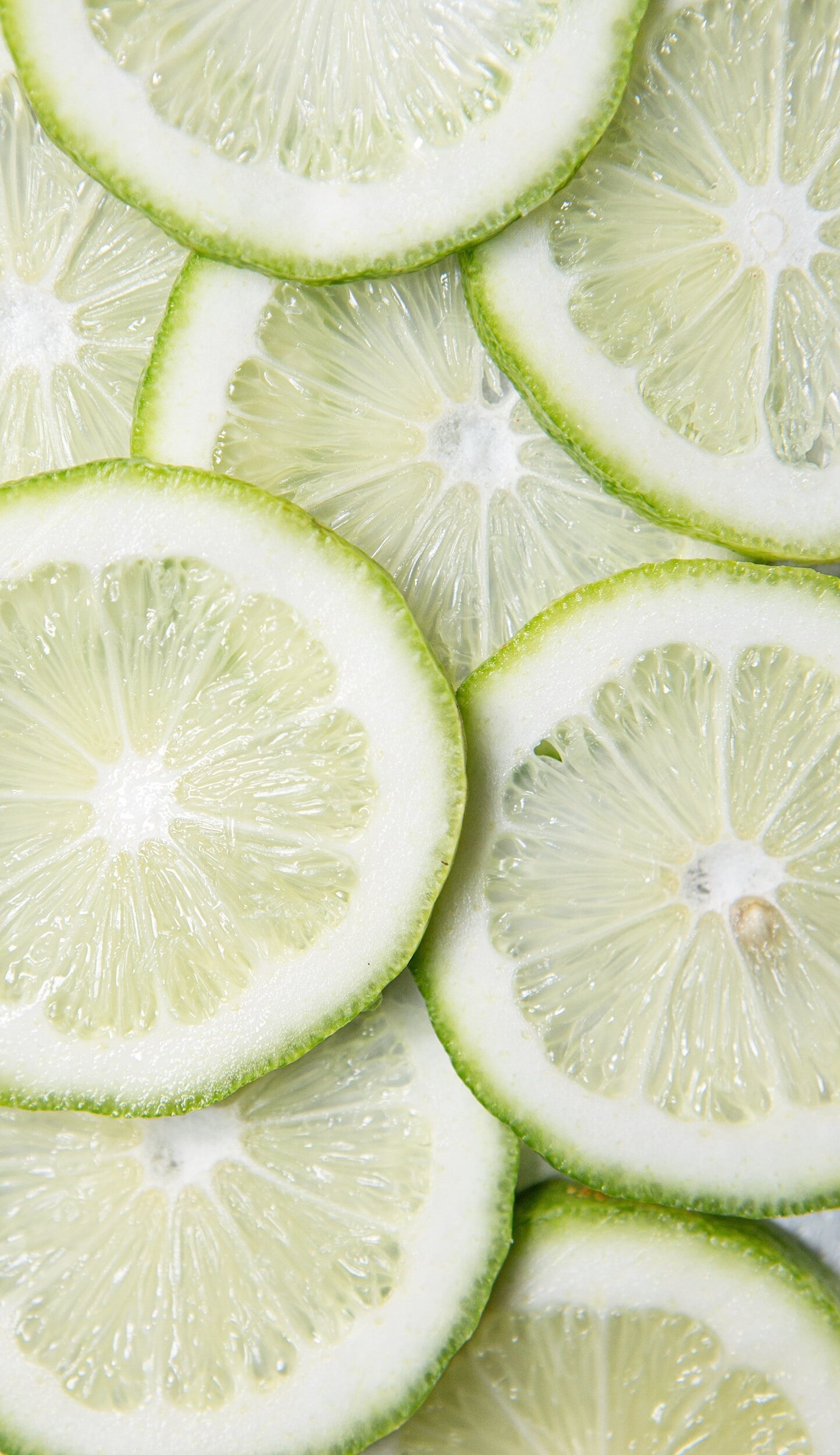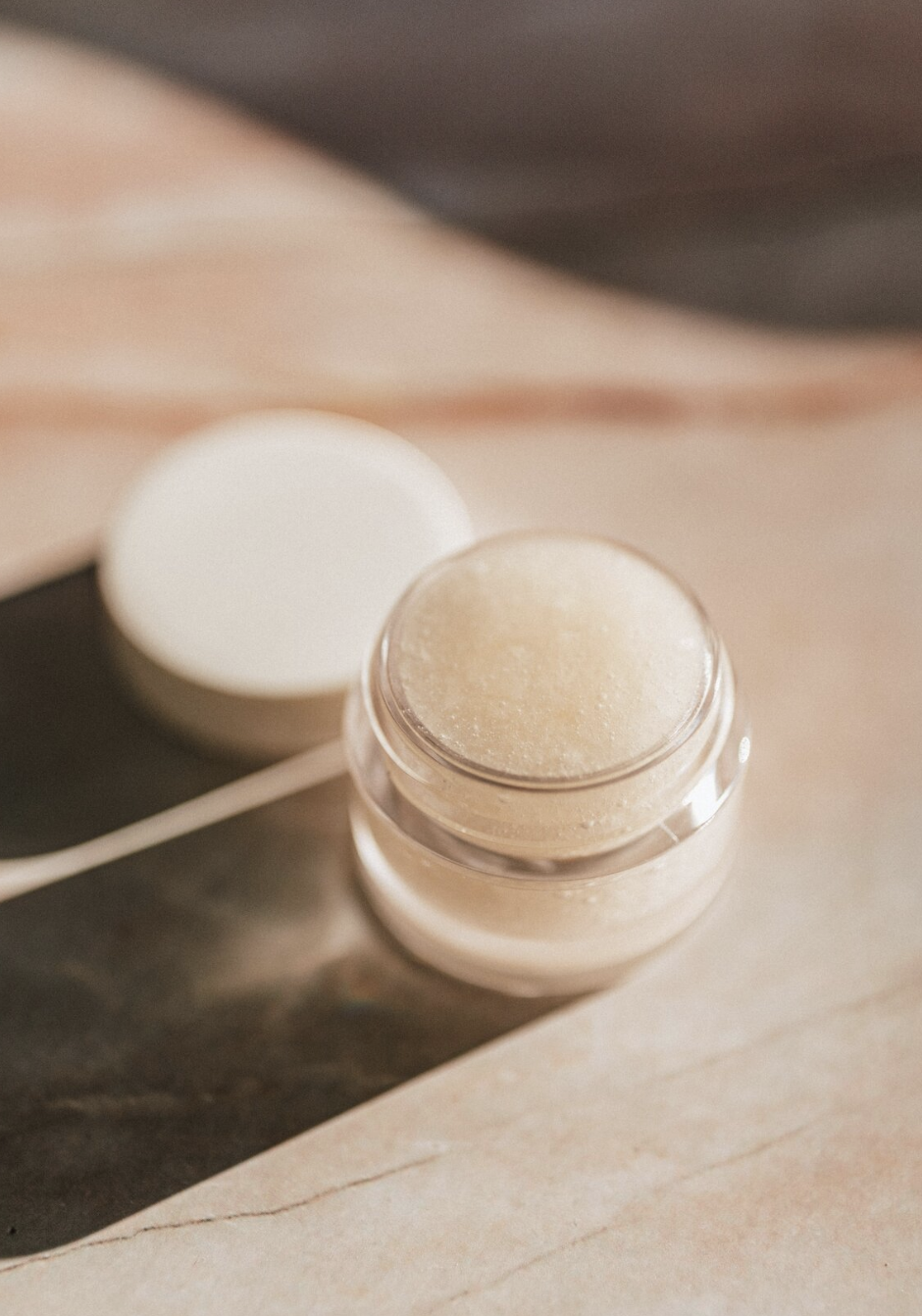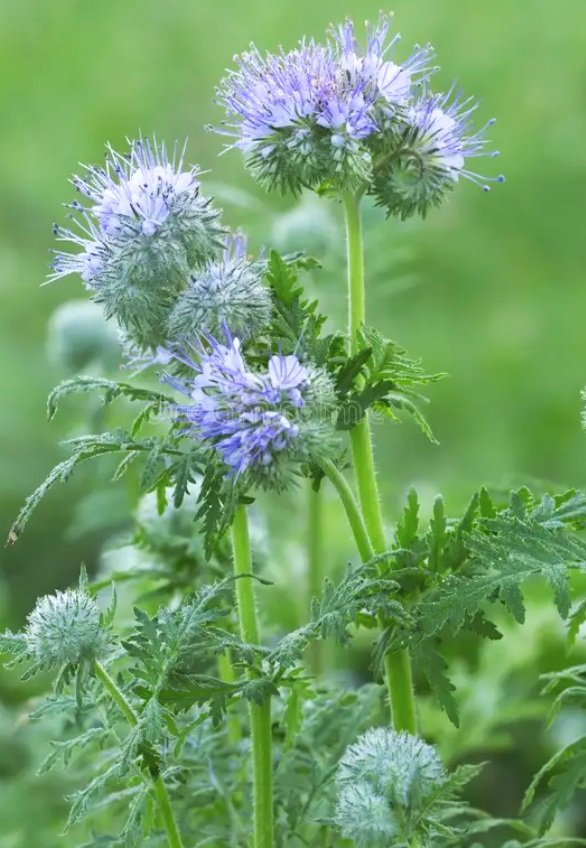Empowering you to make informed choices with curated content specific to holistic skin care and wellness.
Arnica
Arnica has been used for centuries for its healing, anti-inflammatory, and pain-mitigating properties. It is a sensitive-friendly, natural ingredient with a remarkable ability to reduce topical pain and irritation.
Whether you have acne or eczema or just want to maintain a healthy complexion, arnica can help soothe, protect, and heal your skin.
Argan Oil
Argan oil is a deeply nourishing oil used for nourishing and healing properties. It has been used for centuries in traditional medicine and healing protocols. Its unique lightweight, non-comedogenic (won’t clog pores!) and composition make it a great sustainable, multi-use product that works to nourish the face, body, and hair.
Alpha arbutin
Alpha arbutin is a gentle skin-lightening ingredient that brightens and balances hyperpigmentation. It is generally considered a sensitive-friendly option for targeting dark spots.
Castor Seed
Castor seed oil is a thick, highly viscous oil that doesn’t break down easily. Essentially, it’s a sturdy, natural lubricant, and because of that, there are a ton of medicinal uses. This natural oil has a range of medicinal uses and is used internally for the gut and externally as a topical remedy.
Niacinamide
Niacinamide is a form of vitamin B3. an essential nutrient that can be found in food, supplements, and topical products.
Azelaic acid
Azelaic acid, the plant derived redness killer - If you have reactive skin or inflammatory conditions like rosacea, you’ve likely heard of or even have been prescribed azelaic acid cream. Azelaic acid is great to add to your routine if you have reactive skin or chronic redness.
Beta Hydroxy Acid (BHA)
BHAs or beta hydroxy acids are a type of chemical exfoliant that penetrate deep into the pores to dissolve excess oil, dirt, and dead skin cells. They are commonly used to treat acne-prone and oily skin, as they have anti-inflammatory and anti-bacterial properties.
Alpha Hydroxy Acid (AHA)
AHAs can be derived from the natural acids in foods like milk, sugar cane, and fruit. They’re generally considered the safer exfoliant option for sensitive skin types
Emollients
A key part of your skincare routine should be moisturizing. Hydration is key to healing skin and sustaining overall skin health. Emollient ingredients are generally added to a routine aimed at improving skin texture and hydration levels.
Occlusive Ingredients
Incorporating occlusive ingredients can help you achieve plump, hydrated, and radiant skin. An occlusive ingredient, such as a balm, can also help to make your products more effective. Occlusives form a barrier that increases moisture retention and helps to hold active ingredients on the skin.
Blue Tansy
Blue tansy has anti-inflammatory, antibacterial, and anti-aging properties that help to diminish bacteria on the skin, which results in a brighter, clearer complexion. Its calming properties aid in reducing redness.
Essential Oils
Essential oils have become popular with the rise of natural and clean skin care. While I love natural skincare and plant-based remedies, essential oils must be used with care, so it is important to do your research before using them on the skin.
Rose
Rose is widely used because of its calming and healing abilities. Professionally, rose is an excellent ingredient to incorporate into a healing regime because all skin types can benefit. Rose water gives an instant plump, hydrated effect, and rosehip seed is nourishing and vitamin packed to support healing.



















